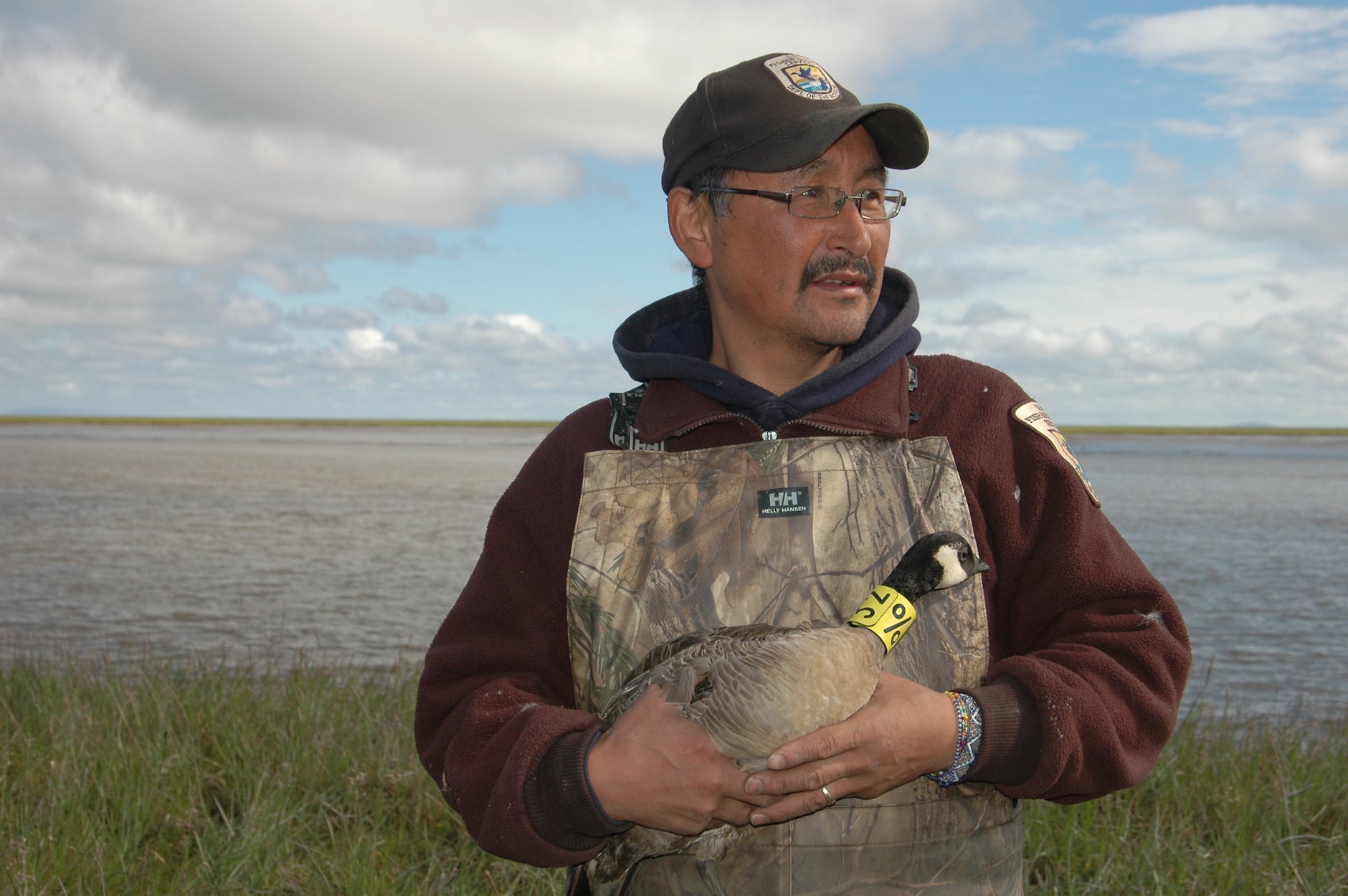A fisheries ecologist and professor at Ave Maria University recently led a team of researchers in a study that explored the connection between recreational hunters and anglers and their environment. Their conclusion is one that many sportsmen and women have long known to be true: that hunting and fishing can make us better stewards of our land and water.
Among other things, the study’s authors concluded that:
- By engaging with animals on a closer level and “thinking like a deer” or “reading a river,” we are more in tune with these animals and can understand their needs better.
- Being exposed to and participating in the death of an animal is a deeply emotional experience that can lead to reflection and build a feeling of responsibility. The weight of this responsibility makes hunters and anglers more, not less, thoughtful.
- The visceral act of gutting and processing an animal is an even deeper level of engagement that allows hunters and anglers to be a conscious part of the food web.
Raised in Scotland in a household obsessed with trout fishing, lead researcher Dr. Samuel Shephard was in a unique position to explore this concept. (He now works in the biology department at AMU, where he teaches courses in marine biology, ecology, and environmental science.) Shephard collaborated with researchers in Sweden, the Czech Republic, Germany, and New York, and the team of authors published the study in the peer-reviewed journal Nature Sustainability on July 3. It references other writing and past research to support the conclusion outlined in its title: that “recreational killing of wild animals can foster environmental stewardship” and bring us closer to nature.
“We suggest humans should not retreat from nature, but instead become as connected as possible to their local ecosystems, including through the consumptive use of wildlife,” the authors summarize. “Drawing on an extensive body of literature from philosophy, anthropology, ecology and other fields, we demonstrate how hunters and anglers can serve as optimal stewards under certain conditions, precisely because catching, killing, and eating wildlife can become a route to stewardship responsibility.”
Shephard says this idea has been overlooked or even turned on its head, as many people associate preservationist (i.e. “hands off”) ideals with environmental stewardship. He argues that a better way to care for the natural world is to embrace our position in the food chain. And he believes that killing and eating wildlife embeds humans in their natural surroundings in a way that no other outdoor experience can.
“[Hunting and fishing] teaches you how to participate in the ecology of a system,” Shephard tells Outdoor Life. “I think killing things, paradoxically, serves that role because it sinks you under the surface of the system in a pretty profound way.”
His suggestion flies in the face of evolving negative emotions toward hunting and fishing. Public approval for hunting is the lowest it’s been since 2011, according to a recent annual survey. This larger societal shift has motivated some outdoorsmen and women to explore the deeper reasons for why they hunt and fish.
According to that survey, the most widely acceptable “why” is for food. When hunters and anglers eat what they kill, their actions are much more palatable to the non-hunting masses. But Shephard believes this reasoning totally ignores another important benefit of harvesting fish and wildlife from our local woods and waters. The one caveat here is related to “how” we go about this, since the researchers concluded that superficial interactions — things like canned hunts, for example — don’t foster the same connections.
“People think, well, at least you’re not wasting the animal,” Shephard says. “But that’s not a very well-specified argument from the perspective of those who object to fishing and hunting, because for the vast majority of us, what we kill is just a portion of our diet. The kill is more important in its capacity to allow us to encounter nature in a unique way, and recognize our position within the food web. It embeds us in the system in a way that makes us understand it, care for it, and look after it. Eating the animal is one part of that embedding and connection-making process.”
Read Next: The Heart & the Skull: A First Deer Hunt Brings You Closer to the Wild
Ultimately, Shephard says, the motivation behind the study was to ask the question of who is best positioned to be a steward of a particular landscape. Part of that answer, he believes, can be found by looking at Indigenous peoples around the world. Shephard has worked with and studied several of these cultures, and he’s seen firsthand how their working knowledge of an ecosystem helps them thrive there. But they didn’t gain this knowledge by leaving resources untouched, Shephard points out. In fact, the opposite is true.
“Humans have been having massive impacts on ecosystems, not just since the Industrial Revolution in the last 150 years, but for thousands of years,” he says. “In Tanzania, the Maasai people are being exiled from a lot of their traditional lands in order to create conservation areas, basically for rich people to go look at. The irony is that those savannah lands only look like that because they’ve been grazed by the Maasai’s cattle for thousands of years.
“So to answer the question of, ‘Who is most likely to be a good steward?’ It’s probably the person who is most deeply embedded in a system, who understands it most, who has the knowledge and skills, and who cares about it the most.”
Read the full article here




